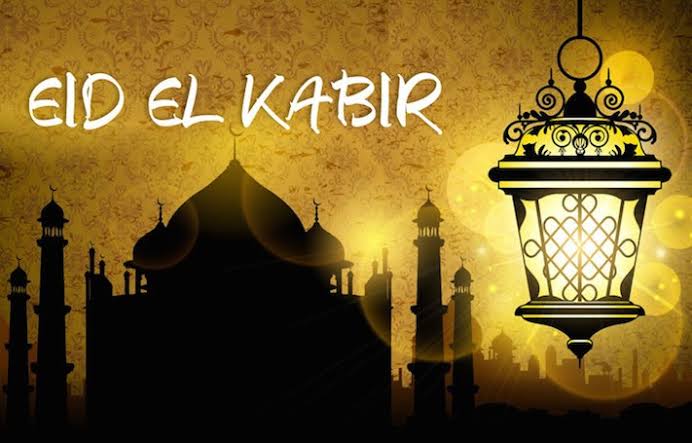Muslims across the country joined the global Islamic community to celebrate Eid-el-Kabir, one of the major festivals in Islam. However, this year’s celebration was notably subdued in many areas, with worshippers citing the prevailing economic hardship as a factor.
Obaland TV reporters were on ground to cover the mood of the festivities, interacting with Muslim faithfuls on how the celebration is and what it entails
Speaking on the significance of the festival, the Deputy Chief Imam, Mohammed Garba, explained that Eid-el-Kabir is an important part of the Islamic Sunnah, practices modeled after the life of Prophet Muhammad. He highlighted the distinction between Eid-el-Kabir and Eid al-Fitr, noting that while Eid al-Fitr follows the compulsory month-long Ramadan fast, Eid-el-Kabir does not require fasting.
Imam Garba added that the Eid-el-Kabir festival symbolizes a period of generosity and giving, extending kindness and charity to both Muslims and non-Muslims alike. He, however, admitted that this year’s celebration was not as elaborate for him as in previous years, attributing it to the country’s harsh economic situation.
Also speaking, Nuru Adamu described Eid-el-Kabir as a festive season dedicated to reflecting on the acts of Prophet Muhammad and promoting the spirit of giving. He expressed regret that the difficult economic realities limited the scope of the festivities this year.
Another celebrant, Sula Nasiru, reiterated that the annual Eid-el-Kabir festival remains a period of goodwill and charity towards all, regardless of religious affiliation. She expressed her hope that future celebrations would be more fulfilling and festive once the economic situation improves.
Despite the challenges, the Muslims maintained the essence of the festival following the acts of Prophet Muhammad.

